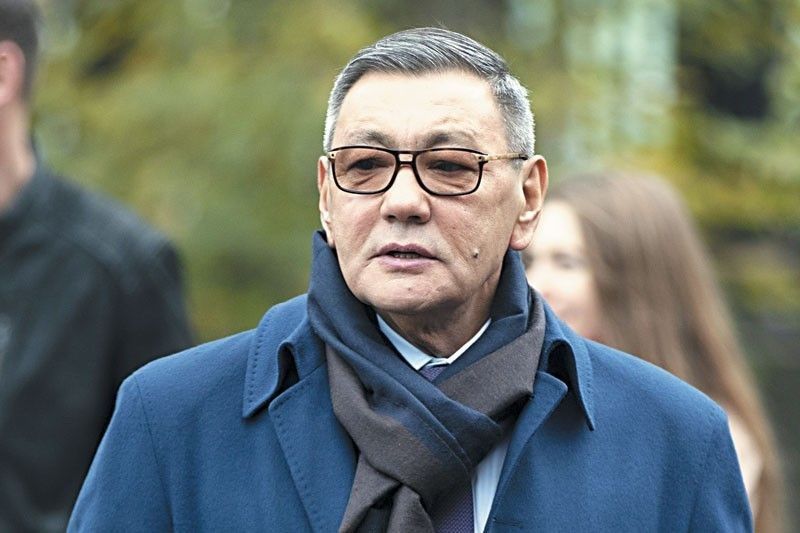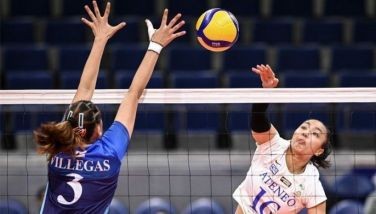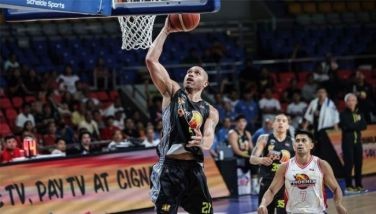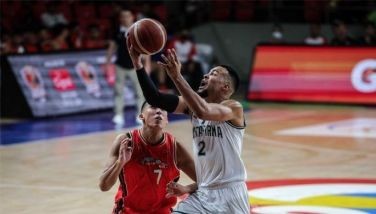The Olympics’ biggest flaw

“You will never win an unfair competition since the reward is meaningless.” – Cass van Krah
In May of 2019, the International Olympic Committee suspended the International Boxing Association (AIBA) for questions about its governance, financial records, standards of officiating, and electing a president with alleged criminal involvement (Gafur Rakhimov) the year before.
Though Rakhimov later abdicated his position, the sanction against the organization remained. This meant that AIBA would not be involved in the conduct of boxing competitions of the Tokyo Olympics, a huge blow to the organization. But even before all that, AIBA had been on thin ice for many years, and lost credibility internationally. It seemingly went from one unpopular decision to the next.
For Filipino fight fans, the nadir for AIBA came in 1996, when flaws in its newly installed computerized scoring protocols (and outright bias by the judges) cost Mansueto “Onyok” Velasco an Olympic gold medal in Atlanta. In the first round alone, Velasco had totally outclassed Bulgarian Daniel Petrov Bojilov, only to look up at the scores and find himself trailing. In the intervening decades, amateur boxing has faced declining popularity and a loss of identity. It has also looked the other way when hosts of Asian Games and Southeast Asian Games have limited participation in weight classes in men’s and women’s competitions when other countries have stronger teams. AIBA’s unclear policy regarding allowing pros in international amateur tournaments also confuses its audience. Undeniably, amateur boxing in its previous state is no longer palatable to an audience weaned on mixed martial arts and a resurgence in pro boxing.
But more than all that, it reveals the biggest flaw in the Olympic system. At the end of the day, the IOC does not really organize its own events, but co-opts the rules, formats and personnel of individual sports federations. Unlike professional sports leagues, the IOC does not have the logistics to do the Games themselves. That is a profound realization which makes the AIBA suspension a milestone event. It sets the stage for the IOC to dip its feet into actual event organization, and not just licensing or even management.
As an international event organizer for almost a quarter of a century, this writer has realized that your event is only as good as your suppliers. If they are subpar or incompetent, it reflects on you, and there’s no way to undo the damage. Since the Olympics are only held every four years, if a group like AIBA uses them to further their own agenda or experiment, there’s nothing that the IOC can do. How many times have we seen medals returned or decisions reversed at the Games? Almost never. One exception is native American track athlete Jim Thorpe, whose medals were returned to his family after 60 years. In other words, the individual federations are the actual power in the Olympic Games, not the IOC. That’s what makes the IOC’s boxing task force a watershed development. It could change everything.
If the IOC were to consider putting up its own events organization, it would restore the image of many sports where judging or refereeing has been suspect, and where other controversies have tainted events. For example, suspensions of certain sports (like basketball in the 2005 SEA Games in the Philippines) would not happen, because there would be no internal conflict in the federation to begin with. The IOC would appear unbiased and impartial.
Relationship equals respect. If the technical officials of individual Olympic events work directly under the IOC, they will be compelled to be more professional and consistently perform at the highest standard. Since international federations like AIBA have felt like they could operate like a good old boys’ club and not suffer the consequences, the IOC has appeared powerless to rectify their errors and flaws. But if the officials are answerable to the IOC itself, then they will do better, or lose their jobs. It’s that simple.
Of course, this situation will also have to have its own boundaries. A few years ago, FIBA (the international basketball federation) encroached onto the territory of its European member leagues by trying to conduct its own “official” tournaments in competition with existing leagues. Naturally, for the Europeans, this meant a choice between doing business and participating in various FIBA qualifying tournaments. It would have been unfair competition and bad for business.
If the IOC decides to venture into organizing its own events, it will have to provide regular employment for the technical people it hires yet somehow avoid killing its own constituency in competition. If it is somehow able to achieve this compromise, then it will restore confidence in many ailing sports.
- Latest
- Trending































